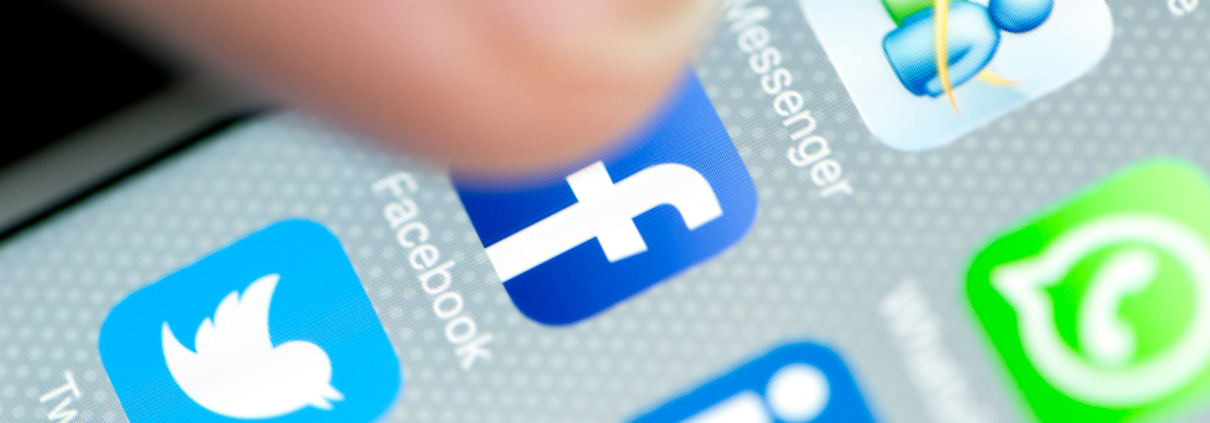Your lucky Facebook friend might be a scammer – Fraud.org
At Fraud.org, a consumer from Kentucky recently shared her story with us:
“I was contacted by a friend of mine on Facebook, because she had recently won $70,000 and saw that I was on the list of winners as well. She put me in touch with a company that was handling the prize disbursement, and I was told I had to pay $830 to get my prize. This friend of mine lives in my town and is the apartment manager where my blind son lives, so I really thought this was true, and I sent the money. A few days later, the prize disbursement company reached back out to me and requested an additional $1,250 for taxes. I told my friend that I didn’t have it, but she told me she ‘wanted to help’ me out, so she paid the shipping company $500. That left me with a balance of $750 to pay, which I did. I eventually realized that there was no prize and that I had been scammed out of $1,330.”
Turns out our Kentucky consumer wasn’t the only scam victim. Her prize-winning friend had also been hacked. She wasn’t a part of the scam; she was a victim herself–of identity theft!
Over the past 18 months, NCL has received more than 100 complaints about scams committed via social media. The scam our friend from Kentucky fell victim to, which we’re calling the “Facebook friend scam,” is particularly convincing and lucrative for scammers who are able to pose as a friend of the victim.
The pitch is often that the fraudster has just won a prize or qualified for a federal grant, and that the friend they’re writing to will also qualify for the prize or grant. The scammer (still posing as a friend) will inform the victim that all they need to do is pay the tax for the prize, or pay a filing fee to a company in order to receive the winnings. In some cases, fraudsters have even been known to offer to “pay” a portion of the fee or tax as a favor for their friend because they just won the prize as well.
As data breaches continue to give scammers access to account and login credentials, experts predict that this kind of account hijacking is likely to increase and result in more money being stolen from consumers’ pockets as a consequence. Fortunately, consumers can take precautions to reduce the risk of falling prey to these scams and prevent their friends and family from becoming a victim of the Facebook friend scam.
Protect yourself and your social media contacts:
-
If a friend reaches out to you via email or social media with a deal that seems too good to be true, call them directly to see if they really sent the message.
-
Reduce the risk of your account from getting hacked. You can do this by:
-
Using complex passwords
-
Never reusing passwords
-
Turning on two-factor authentication
-
-
If your Facebook account is hacked, immediately report it and follow Facebook’s prompts to take the steps necessary to regain control of your account.
Identifying a hacked Facebook account is not always easy. If you suspect that you have become a victim, report it immediately. You can file a complaint at Fraud.org via our secure online complaint form. We’ll share your complaint with our network of law enforcement and consumer protection agency partners who can investigate and help put fraudsters behind bars.








